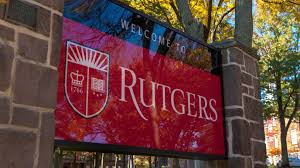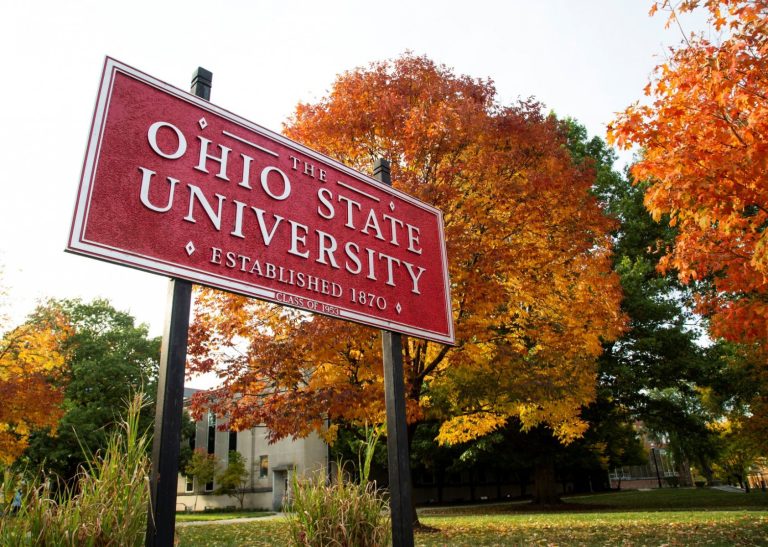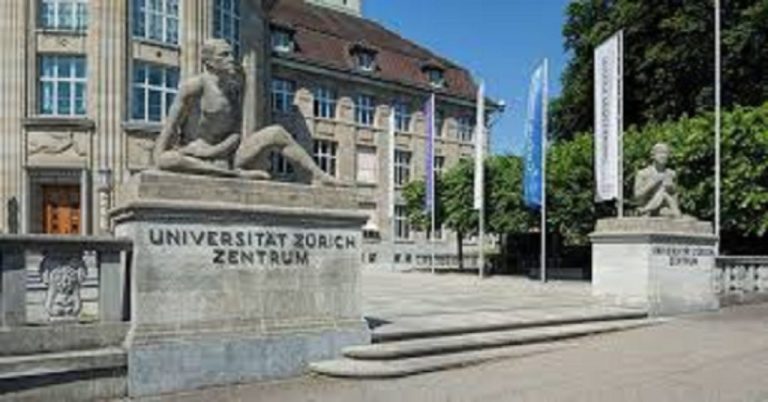Ghent University is a world of its own. Employing more than 15.000 people, it is actively involved in education and research, management and administration, as well as technical and social service provision on a daily basis. It is one of the largest, most exciting employers in the area and offers great career opportunities.
With its 11 faculties and more than 85 departments offering state-of-the-art study programmes grounded in research in a wide range of academic fields, Ghent University is a logical choice for its staff and students.
About IDLab
The IDLab Ghent research group is seeking a highly motivated and talented PhD student to join the Software-Defined Radio (SDR) research team. Digital communication plays a pivotal role in professional environments, supporting both persons, machines to interact with each other over a communication network. In professional environments, such as industry automation (industry 4.0), communication becomes increasingly diverse, and demands more reliable and time-critical end-to-end wireless connectivity, that can seamlessly adapt to dynamic environments and application needs. What is also lacking in today’s wireless network is uniform coverage, users often rely on connection to a specific access point, and performance varies when moving around. The next generation Wi-Fi needs to support distributed and coordinated AP architectures, whereby multiple APs can simultaneously serve a single user with coherent beamforming. In short, we want to advance wireless communications to the next level on these aspects: uniform coverage, end-to-end latency, time synchronization accuracy among distributed applications across diverse network segments, reliability/QoS for high-priority and safety-critical traffic. Today, we are far from achieving that vision, as most research is limited to theoretical or simulation studies, ignoring real-world impairments. Individual access points produced by different vendors rarely cooperate, features such as coherent beamforming among different access points have great potential but cannot be realized in real-life.
In recent years, software-defined radio becomes a popular tool in research community, the SDR team of UGent has created the full stack open-source Wi-Fi chip design openwifi (https://github.com/open-sdr/openwifi). Many innovations has been built above openwifi, such as support of synchronization and Time Sensitive Network (TSN), MIMO diversity, for a complete list of publications using openwifi please refer to (https://github.com/open-sdr/openwifi/blob/master/doc/publications.md).
This PhD vacancy targets to use openwifi to deliver solutions of the advanced WiFi chip for professional end-to-end communication networks that stand out in fulfilling, guaranteeing the challenging requirements of ultra-reliable and time-and-safety-critical applications running on top.
We offer the opportunity to do this research in an international and stimulating environment. The IDLab research group belongs to both Ghent university and IMEC. Ghent University consistently ranks among the best 100 universities in the world. And IMEC is world’s leading independent R&D research hub. Our research center is located in the heart of Europe, Ghent is a beautiful and welcoming city (https://www.lonelyplanet.com/articles/ghent-belgiums-best-kept-secret) with plenty of cultural and leisure activities.
The selected candidate will be offered a 4-year employment, with an intermediate evaluation after the first year (1+3 years). The salary is competitive and will be determined by the university salary scales. In addition, staff members can count on a number of benefits, such as a broad range of training and educational opportunities, 36 days of vacation leave, bicycle allowance, and more.
Job profile
In general, under the supervision of prof. Ingrid Moerman, you will prepare a PhD dissertation on implementation of advanced WiFi chips for professional applications: end-to-end oriented efficient software-hardware co-design towards reliable and low-latency solutions in professional environments. We are seeking a PhD candidate to enhance the next generation wireless chip design upon openwifi, with the following requirements:
- You have (or will obtain in the next months) a (European) master’s degree in computer science, or electronic engineering, or equivalent. Your degree must be equivalent to 5 years of studies (bachelor + master) in the European Union.
- You should have at least one of the two skills below:
- Familiar with wireless communication theories and simulation: information theory and/or MIMO signal processing and/or detection/estimation over multipath fading channel;
- Familiar with FPGA implementation flow for physical layer and/or real-time MAC layer design, experience in hardware description language (either Verilog or VHDL) is highly appreciated, as the candidate is expected to deliver efficient design of advanced features in upcoming WiFi standards (OFDMA, MIMO, TWT…) on FPGA.
- Deep understanding of future Wi-Fi standards is a plus, especially the PHY and Low MAC for the new features such as OFDMA, or MU-MIMO, and cell-free massive MIMO and beamforming.
- Experience in synchronization standardization, such as Precition Time Protocol (PTP), is a plus. As we foresee to realize tight synchronization among access points to support coordinated multi-AP operation in view of coherent beamforming.
- Experience in software-hardware co-design is a plus, as we want to achieve true real-time control of parameters in MIMO and beamforming for optimal network performance.
- Experience in experimentation is a plus, we foresee to use openwifi for scale end-to-end proof-of-concept validation in the field.
During the PhD study, you will likely carry out some of the following tasks:
- Enhance WiFi design in view of coordinated multi-AP operation for using Hardware Description Language on FPGA, on the base of the open-source openwifi project (https://github.com/open-sdr/openwifi).
- Design application and driver, to fully exploit the coordinated multi-AP feature.
- Publish and present results both at international conferences and in scientific journals.
- Combine theoretical design with experimental proof-of-concept validation by setting up prototyping environments in our test lab considering concrete professional use cases (industry 4.0, mission-critical applications, etc.)
- You become a member of the Software Defined Radio team doing research based on IDLab’s openwifi platform (https://github.com/open-sdr/openwifi)
- You will participate in the framework of national and European research projects, and collaborate on a technical level with research partners from industry
- You will assist in limited educational tasks of the research group
Offer
- We offer a full-time position as a doctoral fellow, consisting of an initial period of 12 months, which – after a positive evaluation, will be extended to a total maximum of 48 months.
- The fellowship amount is 100% of the net salary of an AAP member in equal family circumstances. The individual fellowship amount is determined by the Department of Personnel and Organization based on family status and seniority. A grant that meets the conditions and criteria of the regulations for doctoral fellowships is considered free of personal income tax. Click here for more information about our salary scales
- All Ghent University staff members enjoy a number of benefits, such as a wide range of training and education opportunities, 36 days of holiday leave (on an annual basis for a full-time job) supplemented by annual fixed bridge days, bicycle allowance and eco vouchers. Click here for a complete overview of all the staff benefits (in Dutch).
How to apply
Send your application by email to Prof. Ingrid.Moerman (Ingrid.moerman@ugent.be), dr. Xianjun Jiao (xianjun.jiao@ugent.be) and dr. Wei Liu (wei.liu@ugent.be ). Applications should include
- An academic/professional resume
- Transcripts of study results
- At least two reference contacts.
- A short overview describing your earlier research or technical work (e.g., scientific papers, master thesis, report on project work, etc.). These documents need not be on the topic of the advertised position.
After a first screening, selected candidates will be invited for an interview (also possible via Teams)
Application deadline: continuous evaluation until the vacancy is filled.



